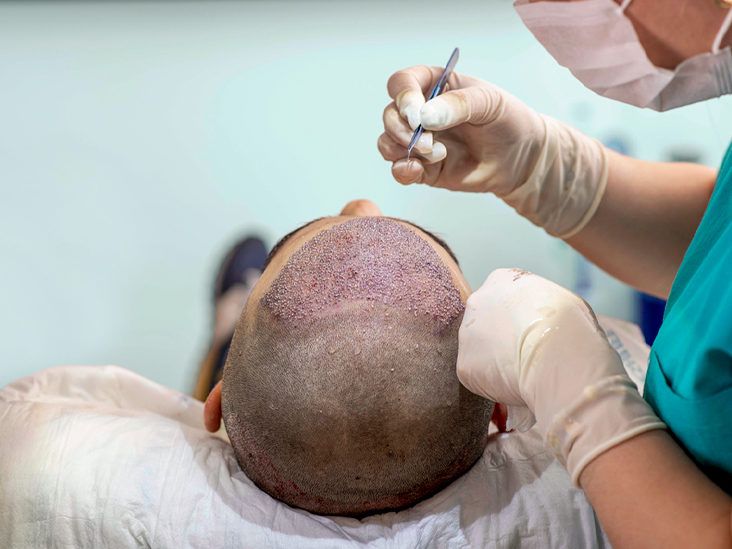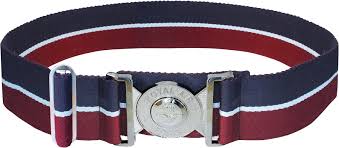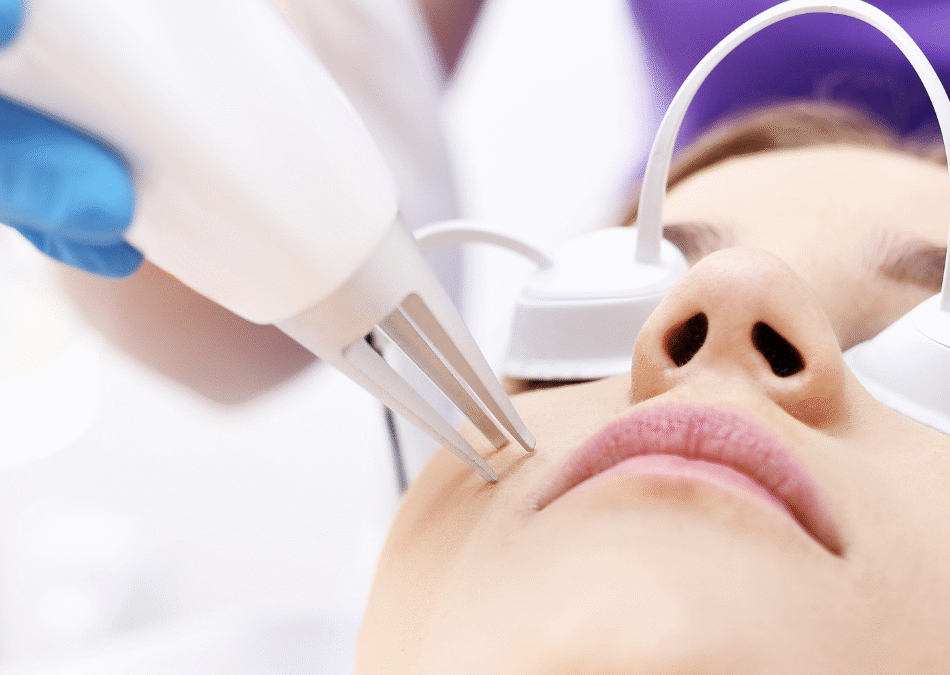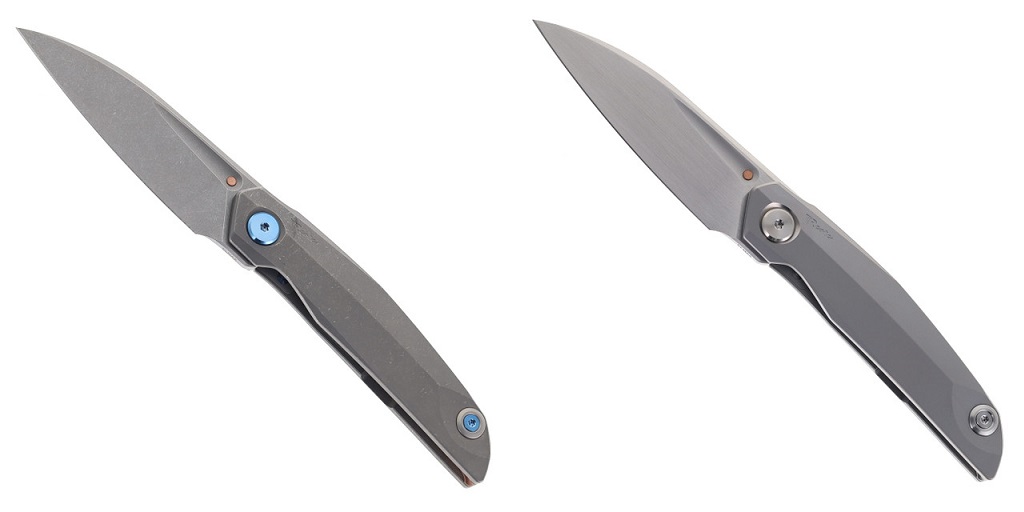Alopecia areata is a common autoimmune disorder characterized by sudden hair loss that can affect individuals of all ages and genders. While it is often associated with men, women are equally susceptible to developing this condition. Understanding the suitability of Alopecia Areata Treatment in Dubai for women is essential for those seeking effective solutions to manage hair loss and restore confidence. This comprehensive guide aims to provide detailed insights into the treatment options available, tailored specifically for women, and to address common concerns related to the condition.
Understanding Alopecia Areata in Women
What Is Alopecia Areata?
Alopecia areata is an autoimmune disorder where the immune system mistakenly targets hair follicles, leading to patchy hair loss. Unlike other forms of hair loss, it often manifests suddenly and can occur in small patches or more extensively. The exact cause remains unknown, but genetic and environmental factors are believed to play a role.
How Does It Affect Women?
Women with alopecia areata may experience unique challenges due to societal perceptions and personal self-image. The hair loss can occur anywhere on the scalp, often resulting in small, round patches. In some cases, the condition progresses to more extensive hair loss, including alopecia totalis or universalis, which can be distressing. Despite these challenges, numerous treatment options are available to help women regain hair density and confidence.
Recognizing the Symptoms and Diagnosis
Common Signs in Women
Women may notice sudden patches of hair loss, often without any prior warning. These patches are usually round or oval and may appear suddenly. Some women may also experience scalp itching or burning sensations, although these are not always present.
Importance of Professional Diagnosis
Accurate diagnosis is crucial for effective treatment. Dermatologists or trichologists typically perform scalp examinations and may use dermoscopy or scalp biopsies to confirm alopecia areata. Early diagnosis allows for timely intervention, which can improve outcomes significantly.
Treatment Options for Women with Alopecia Areata
Topical Treatments
Topical medications like corticosteroid creams or ointments are often prescribed to reduce inflammation and suppress the autoimmune response. These treatments are generally suitable for localized patches and can promote hair regrowth when used consistently.
Injections
Corticosteroid injections directly into the affected scalp areas can stimulate hair growth. This method is particularly effective for small patches and provides rapid results. Regular sessions may be required for sustained benefits.
Oral Medications
For more extensive cases, oral medications such as immunosuppressants or other systemic drugs may be considered. These work by modulating the immune system but require close medical supervision due to potential side effects.
Light and Laser Therapy
Low-level laser therapy (LLLT) has gained popularity as a non-invasive treatment option. It stimulates hair follicles, promoting growth and improving scalp health. This therapy is suitable for women seeking a painless and drug-free approach.
Natural and Complementary Approaches
Some women explore natural remedies, including herbal treatments, nutritional supplements, and stress management techniques. While these methods may not replace medical treatments, they can complement conventional therapies and support overall hair health.
Customizing Treatment Plans for Women
Personalized Approach
Every woman’s experience with alopecia areata is unique, necessitating a tailored treatment plan. Factors such as the extent of hair loss, skin sensitivity, lifestyle, and personal preferences influence the choice of therapy.
Combining Treatments
In many cases, dermatologists recommend combining multiple treatment modalities to maximize effectiveness. For example, topical treatments paired with laser therapy can enhance results and speed up hair regrowth.
Monitoring and Adjustments
Regular follow-up appointments are essential to monitor progress and adjust treatments as needed. Hair regrowth can vary, and some women may require prolonged or alternative therapies for sustained results.
Psychological Support and Hair Restoration
Addressing Emotional Well-being
Hair loss can significantly impact emotional health. Support groups, counseling, and peer support can help women cope with the psychological effects of alopecia areata.
Cosmetic Solutions
While waiting for hair regrowth, women may consider cosmetic options such as wigs, hairpieces, or scalp micropigmentation to improve their appearance and confidence.
Long-term Management
Managing alopecia areata is often a long-term process. Staying informed about new treatments and maintaining a positive outlook are vital components of successful management.
Conclusion
The answer is a resounding yes. Alopecia Areata Treatment Dubai offers a variety of options tailored to meet the unique needs of women experiencing hair loss. The treatments are designed to promote hair regrowth, restore scalp health, and improve overall confidence. With advances in dermatological therapies and personalized care, women facing alopecia areata can find effective solutions that suit their individual circumstances. Early intervention and a comprehensive approach can make a significant difference in managing this condition and achieving desirable outcomes.







0 Comments